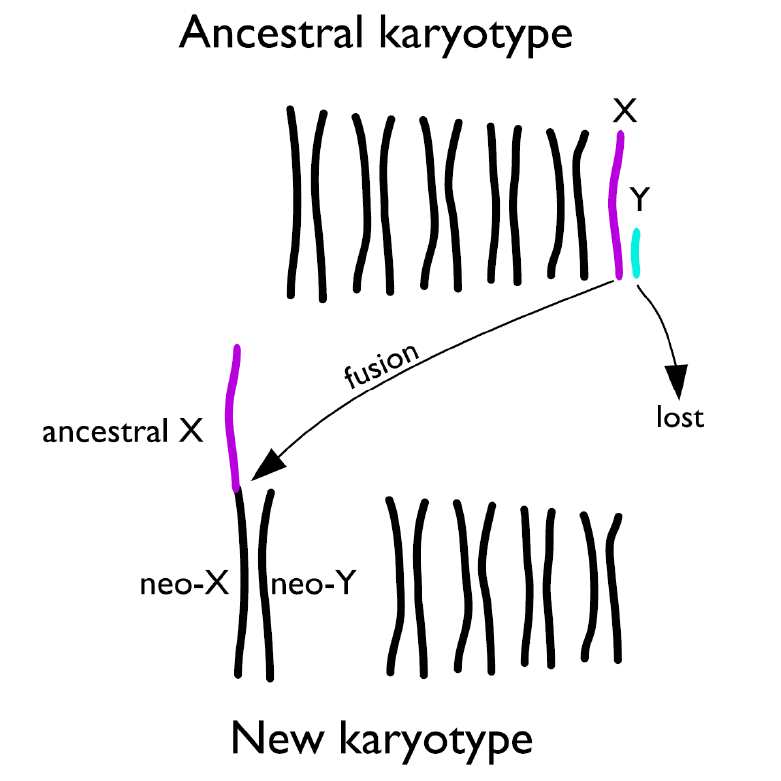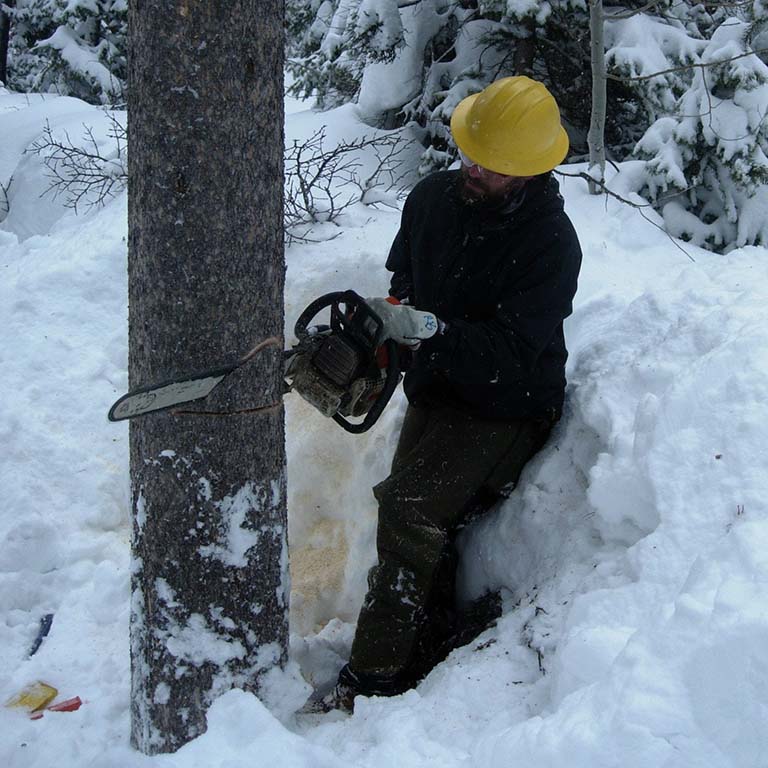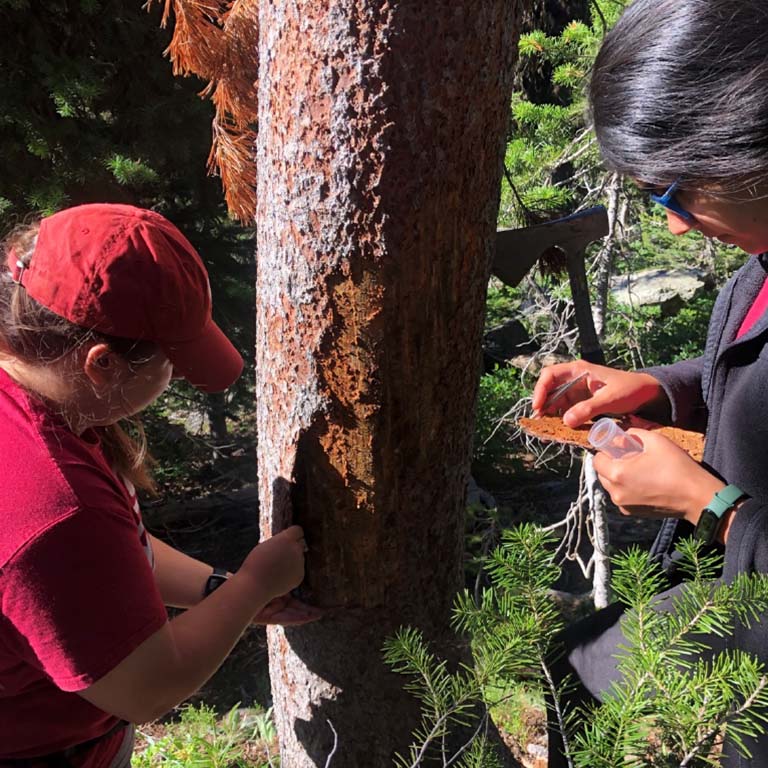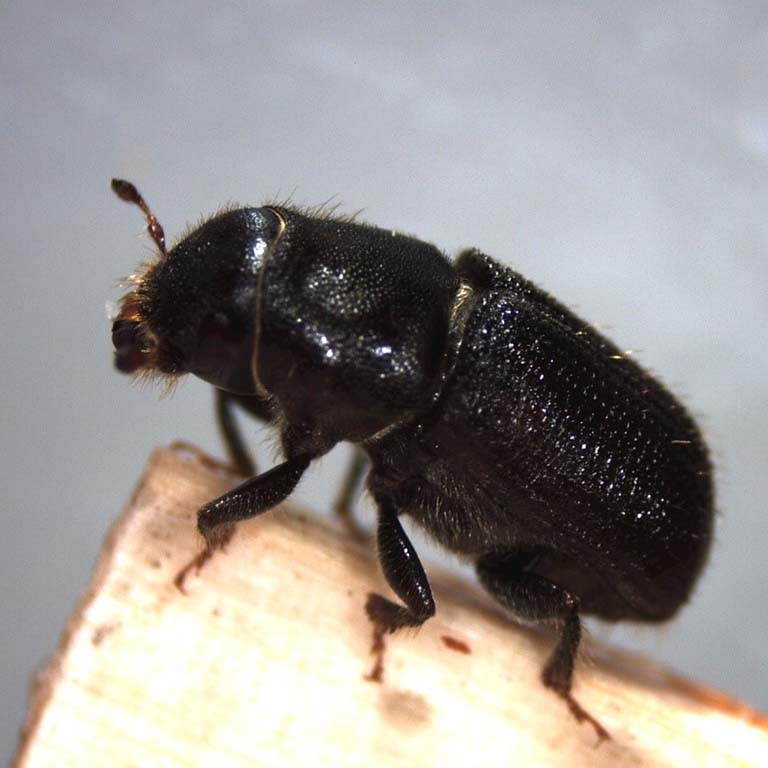Widespread variation exists between species in the size, shape, and number of chromosomes, and these differences can have profound influences on genetic variation and reproductive compatibility. Ryan Bracewell, an assistant professor in the College of Arts and Sciences’ Department of Biology at Indiana University Bloomington, and members of his research lab focus on sex chromosomes in their quest to gain a better understanding of the genomic outcomes of transitions in chromosome number and structure.
One of the most pronounced genomic changes that can occur is when a chromosome—the fundamental structure necessary for the transmission of genetic information—becomes involved in sex determination. Over time, sex chromosomes typically diverge quite noticeably in gene content, gene expression, transposable element content, and levels of genetic diversity. These types of chromosomal changes can be the root of a surprising amount of variation.






 The College of Arts
The College of Arts